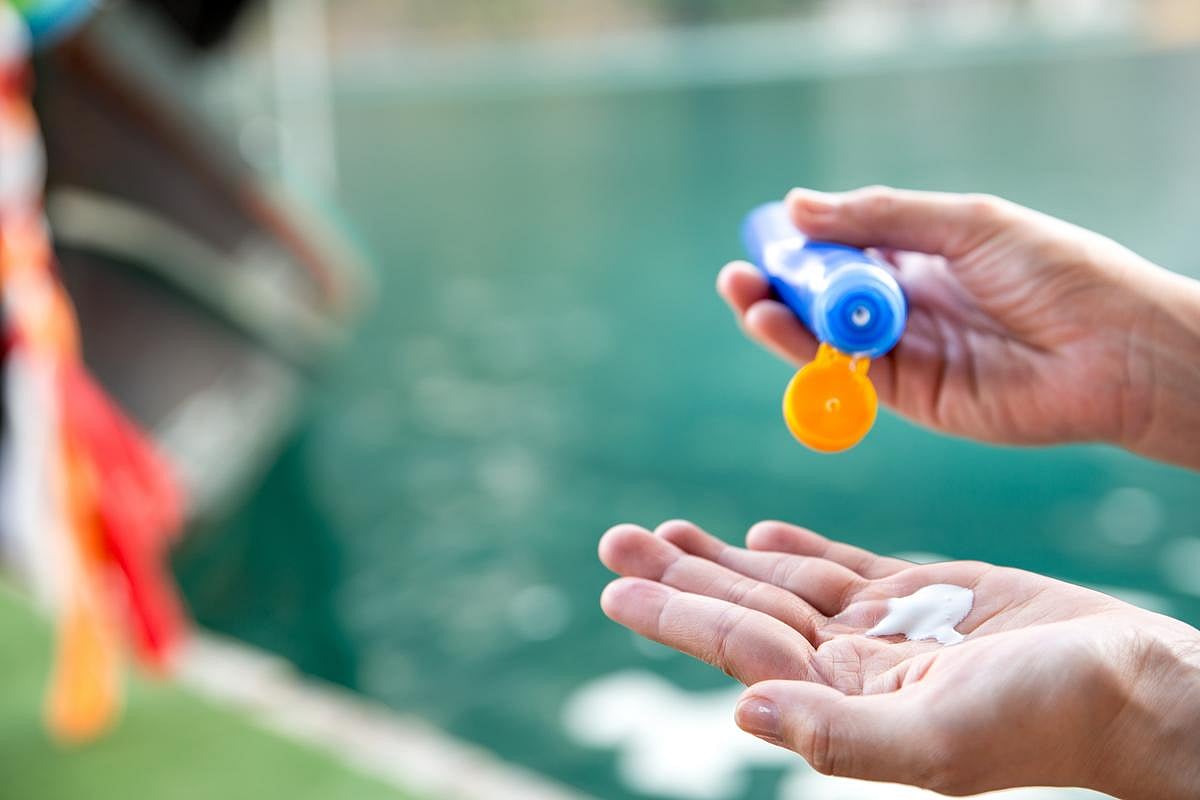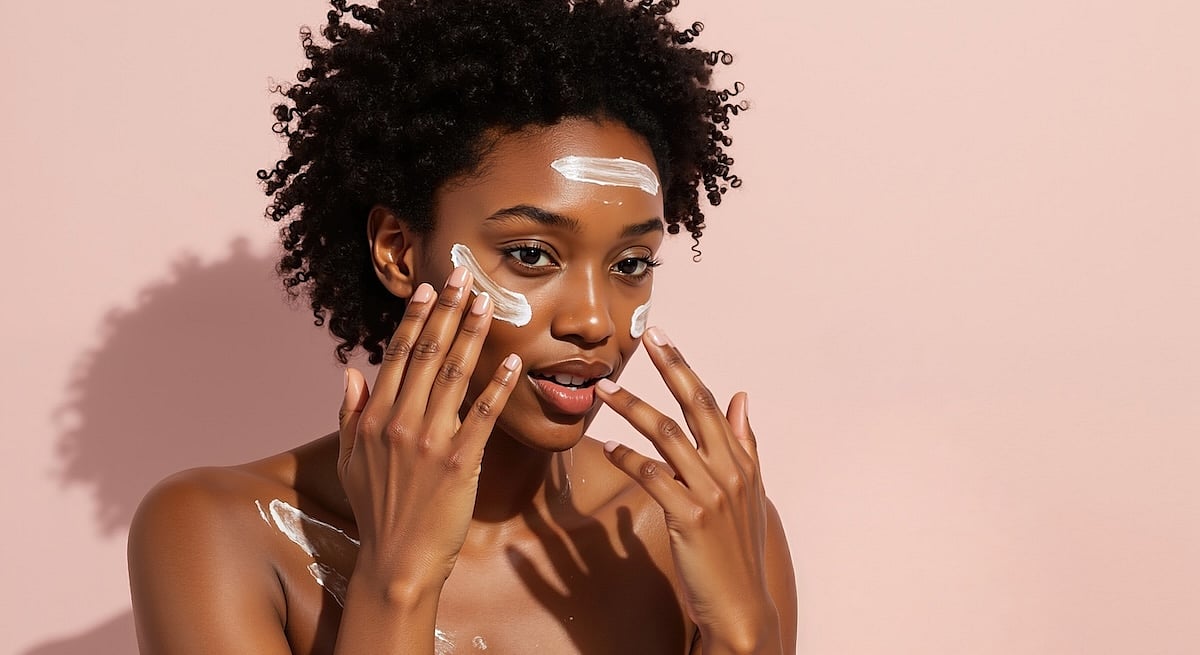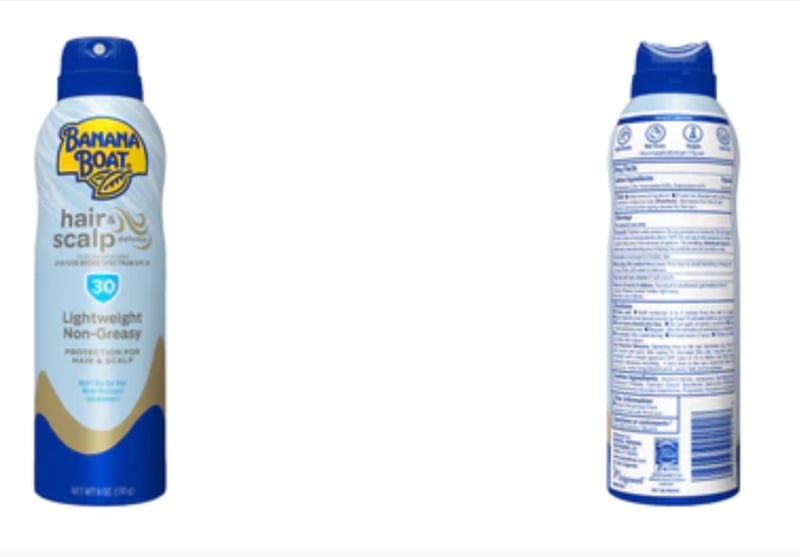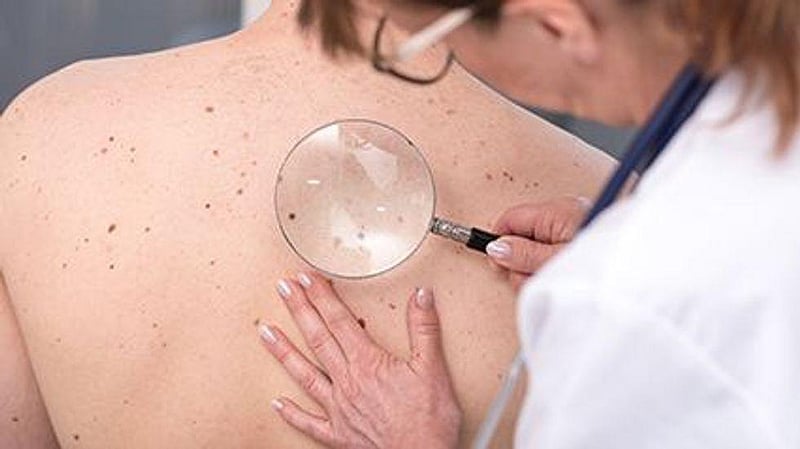Get Healthy!
Results for search "Sunscreens / Lotions".
Health News Results - 18
Protecting yourself against skin cancer can cost as little as $40 a year, a new study says.
Sunscreens with a sun protective factor of 50 can be purchased as for as little as 4 cents an application, researchers recently reported in
For many people, the best defense against skin cancer comes with a frustrating side effect: A ghostly, chalky white film.
Now, researchers at the University of California, Los Angeles (UCLA) have developed a mineral sunscreen that solves this cosmetic problem by simply changing the shape of its active i...
- Deanna Neff HealthDay Reporter
- |
- February 6, 2026
- |
- Full Page
Americans may soon have access to a new sunscreen ingredient already used around the world.
The U.S. Food and Drug Administration (FDA) announced Dec. 11 that it is reviewing a proposal to allow bemotrizinol in sunscreens sold in the United States.
The ingr...
- I. Edwards HealthDay Reporter
- |
- December 12, 2025
- |
- Full Page
Roughly 20% of Americans are diagnosed with skin cancer at some point in their lives, but it's not inevitable.
Skin cancer is not only the most common cancer, it's also the most preventable. Most of the time, too much sun exposure is to blame.
"When it comes to skin cancer, prevention is key," surgical oncologist Dr. Jeffrey Farma...
- HealthDay Reporter
- Carole Tanzer Miller
- |
- July 14, 2024
- |
- Full Page
Brianna Starr, 29, didn't think twice about sunbathing without sunscreen, hoping to get a golden tan that to many connotes health and beauty.
But when her sister was diagnosed with melanoma at the age of 19, she got serious about protecting her skin health, says
Golfing may be a great way to get outdoors and enjoy the pleasures of a classic summer pastime. But a new study warns that walking the greens for hours on end without adequate sun protection may notably increase the risk for skin cancer.
Researchers in Australia found that more than one-quarter of golfers in that country have been diagnosed with skin cancer at some point, making Auss...
- HealthDay Reporter
- Alan Mozes
- |
- August 3, 2023
- |
- Full Page
Dermatologist Dr. Caroline Opene is often asked if certain types of sun blocks are better for people with darker skin.
Not necessarily, says the director of the University of California, Los Angeles (UCLA) Health Skin of Color clinic.
"In general, the best sunscreen is the one you put on c...
- HealthDay Reporter
- Cara Murez
- |
- July 16, 2023
- |
- Full Page
People are using "browning lotions"to tan quickly, but experts are questioning the safety of this trend driven by social media influencers.
Browning lotions work with the sun's UV rays to darken skin faster.
"It is important to know that a tan is never considered to be healthy and exposure to UVA and UVB radiation can cause skin cancer, that's the first issue I have,"said dermatolog...
- HealthDay Reporter
- Cara Murez
- |
- July 5, 2023
- |
- Full Page
Summer's here and the Mayo Clinic says babies need protection from the sun's damaging UV rays, too.
It only takes one severe sunburn during childhood or adolescence to nearly double the risk for a deadly melanoma later in life, according to the American Academy of Dermatology Association.
Babies are far more vulnerable to sunburn than older kids, so it's essential to protect them ag...
- HealthDay Reporter
- Steven Reinberg
- |
- June 25, 2023
- |
- Full Page
It's easy to keep your skin safer in the summer sun if you have the right sunscreen.
UCLA Health offers some tips for picking the best type and SPF level.
Getting sunburned just five times in a lifetime doubles the risk of getting melanoma, the most serious skin cancer, so making sure you're protected is worth the effort, the experts at
Actor Hugh Jackman is offering a warning about sun damage and skin cancer after having two biopsies.
Jackman was wearing a bandage on his nose in a video posted to his Twitter account.
"I just went to my doctor... and she just saw little things -- could be or could not be basal cell, in he...
- HealthDay Reporter
- Cara Murez
- |
- April 4, 2023
- |
- Full Page
Sweating can affect your skin, so learning how to handle it should be an important part of your skin care regime, a Baylor College of Medicine aesthetician says.
"Sweating is an important bodily function that cools you down, expels toxins...
- HealthDay Reporter
- Steven Reinberg
- |
- August 13, 2022
- |
- Full Page
Edgewell Personal Care Co. has recalled three batches of its Banana Boat Hair & Scalp Sunscreen Spray SPF 30 because trace levels of benzene were found in some samples during an internal review.
Benzene is a human carcinogen. Exposure can happen through inhalation, orally or through the skin, potentiall...
- HealthDay Reporter
- Cara Murez
- |
- August 1, 2022
- |
- Full Page
Newer sunscreens that can match your skin tone may encourage more people to use sunscreen, an expert says.
"The lighter a person's skin, the higher their risk for skin cancer," said Dr. Henry Lim, former chair of dermatology at Henry Ford Hospital in Detroit. "While people with darker skin have a lower risk for s...
- HealthDay Reporter
- Robert Preidt
- |
- April 2, 2022
- |
- Full Page
Most people know that sun-sourced vitamin D is good for their bones. So could avoiding the sun to reduce skin cancer risk weaken your bones?
A new study brings a reassuring answer: "Sun-protective" behavior -- wearing long sleeves, seeking shade or using sunscreen -- "was not associated with decreased bone mineral density or increased risk of osteoporotic fracture," the researchers conclu...
- HealthDay Reporter
- Ernie Mundell
- |
- November 18, 2021
- |
- Full Page
When hair sprouts where you don't want it, you can always shave, but other ways to remove unwanted body hair can last longer.
The downside: Chemical hair removers can cause burning, itching or redness.
"Hair removal creams, lotions and gels are quick and easy to use, but they can sometimes irritate the skin," dermatologist Dr. Andrea Mabry said in an American Academy of Dermatology ...
- HealthDay Reporter
- |
- September 19, 2021
- |
- Full Page
If you're at the beach or pool, applying sunscreen before and after you've been in the water is a must, a cancer specialist says.
The intensity of exposure to harmful ultraviolet (UV) rays "is higher under water than it is above water," said Dr. Arun Mavanur. He is a surgical oncologist at the Alvin & Lois Lapidus Cancer Institute at LifeBridge Health, in Baltimore.
"UV rays also ar...
- HealthDay Reporter
- Robert Preidt
- |
- August 27, 2021
- |
- Full Page
When a suspicious skin lesion sends you scurrying to a dermatologist, asking for a full-body skin check could save your life.
Dermatologists are twice as likely to find skin cancer with a full-body check, a new study reveals. More than half of the skin cancers discovered were not in the location the patient was concerned about.
"If the dermatologist did not check their entire body,...
- HealthDay Reporter
- Cara Murez
- |
- August 11, 2021
- |
- Full Page
















